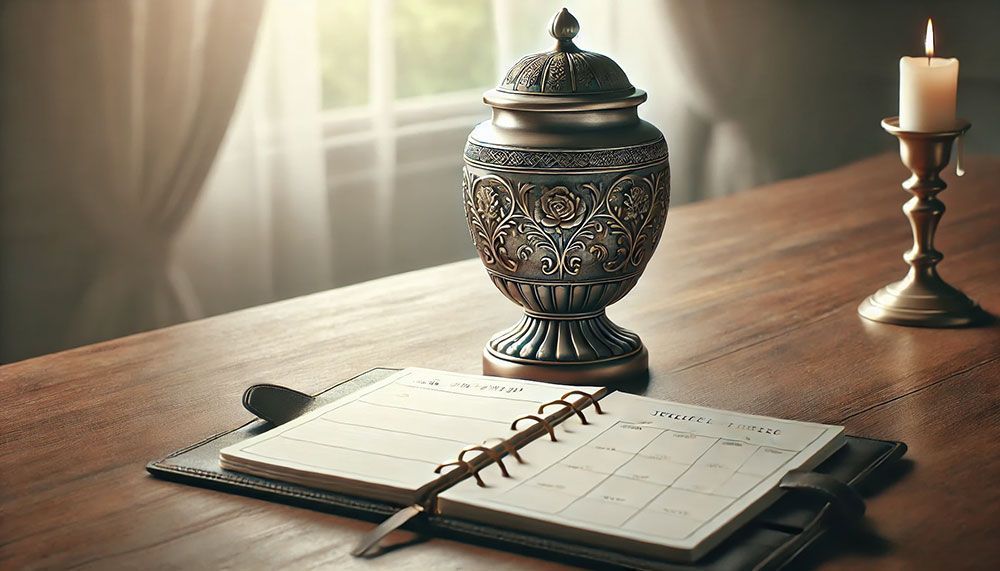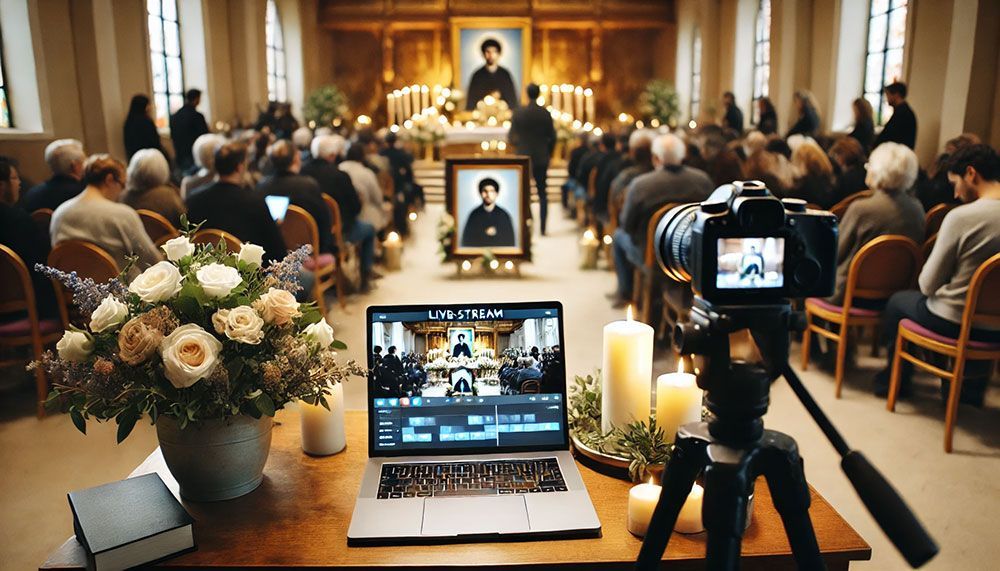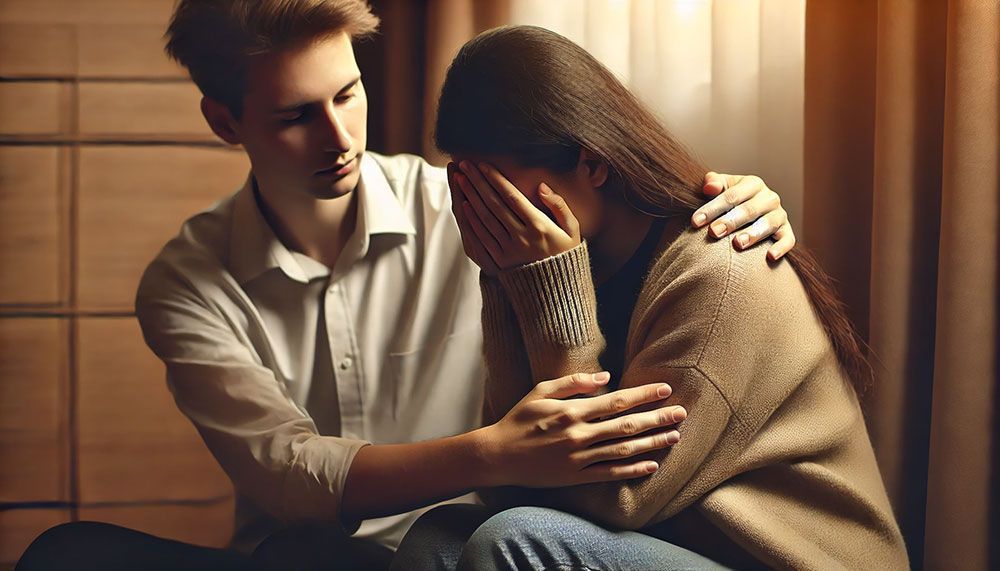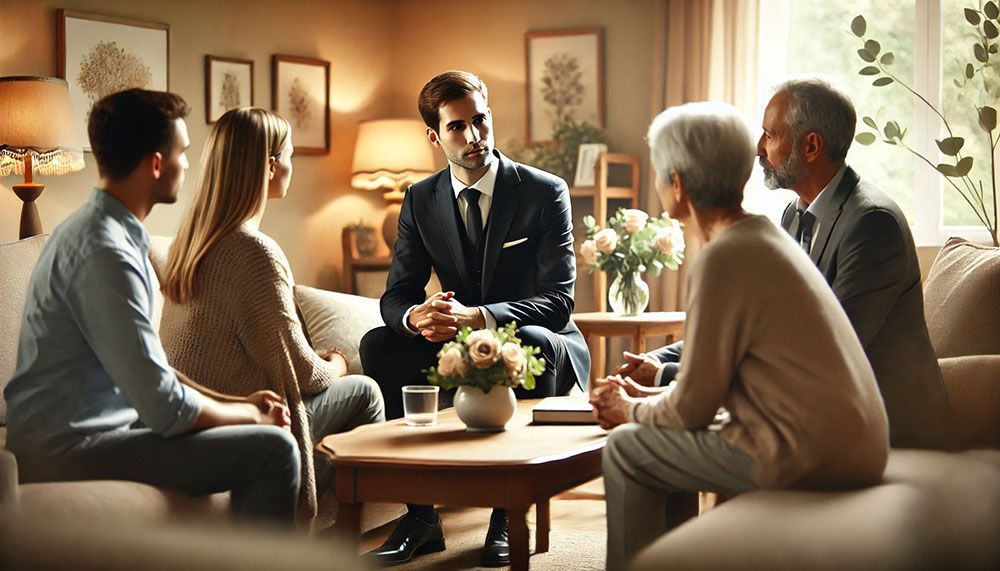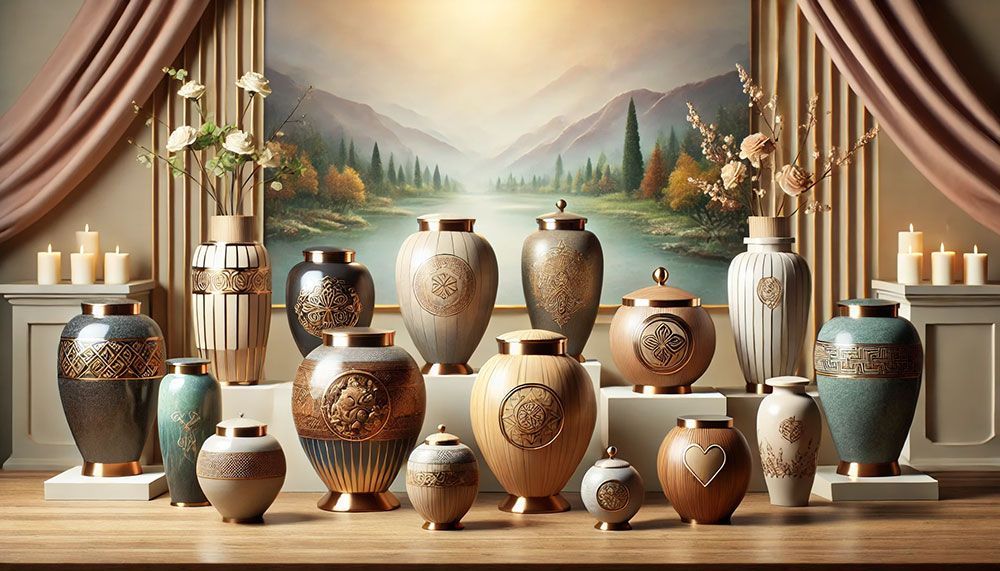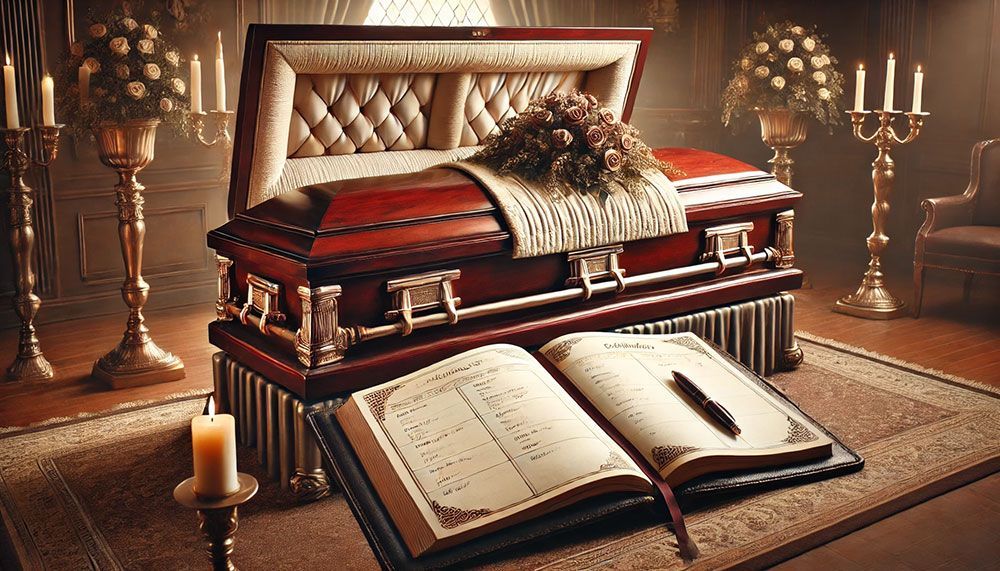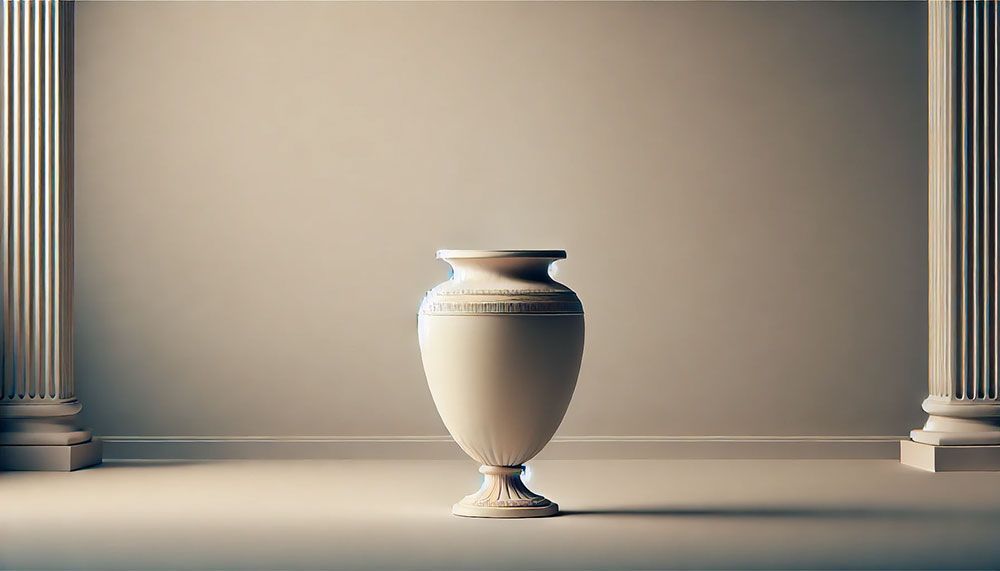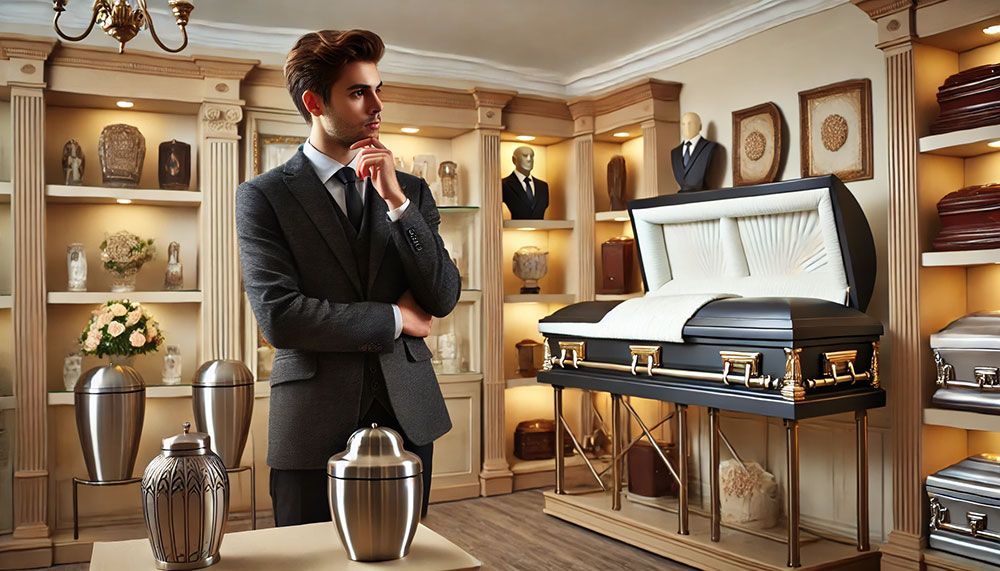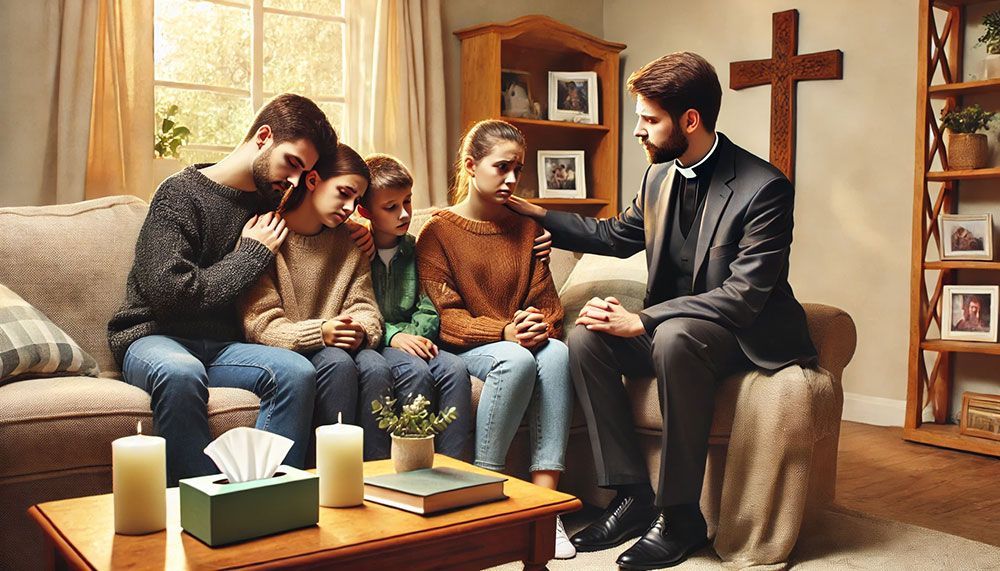Multicultural Funerals
Funerals are a great way to honor the person you love. But if you are part of a multicultural family, it may be difficult. What is a multicultural funeral?
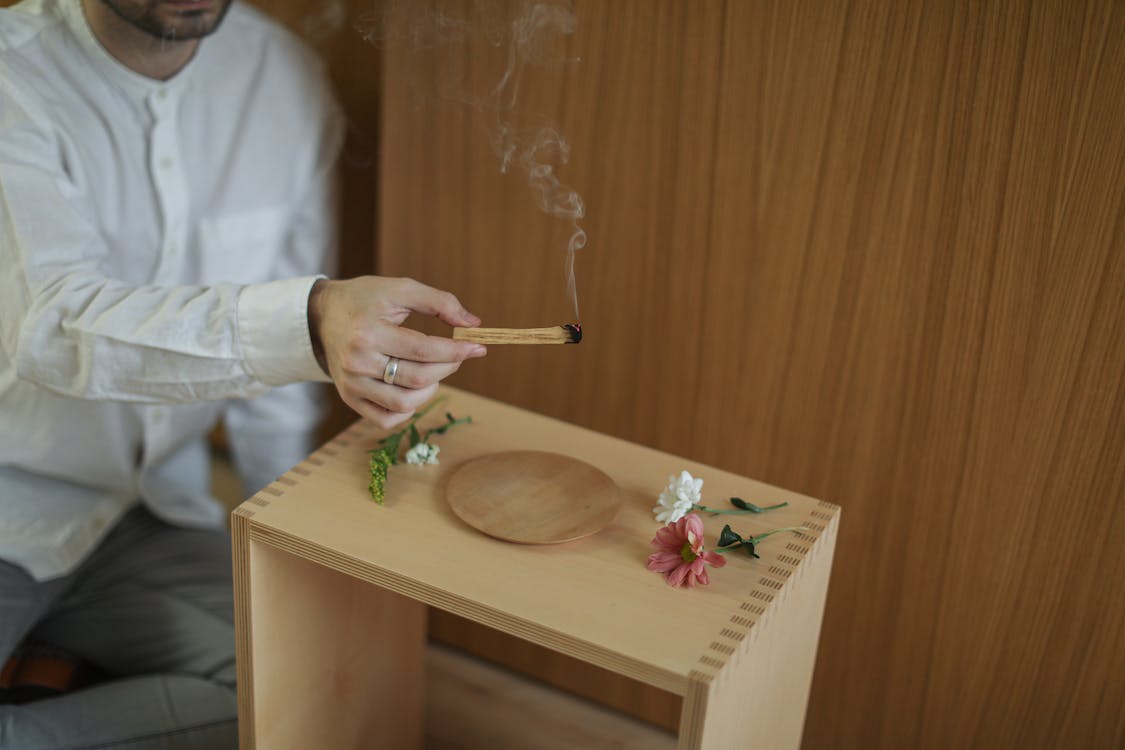
In the vibrant cityscape of Cleveland, OH, the demand for funeral services that respect and incorporate diverse cultural traditions is rising. As communities become more varied, funeral homes in Cleveland, OH, are pivotal in facilitating ceremonies that honor a mosaic of heritages. Multicultural funerals are not just ceremonies but profound expressions of life, legacy, and respect for the deceased's cultural roots.
The Essence of Multicultural Funerals
Multicultural funerals encompass many practices and rituals that reflect the deceased's cultural and religious beliefs. These ceremonies are pivotal in the grieving process, helping families and friends transition from grief to solace through culturally resonant practices. Understanding these diverse traditions is crucial for funeral directors and communities alike.
Respecting Religious Practices
Religion plays a significant role in multicultural funerals, influencing everything from the ceremony's structure to its rituals and prayers. For instance:
- Christian funerals often include hymns and prayers, typically held in a church or chapel.
- Muslim funerals require specific rites like washing the body and conducting the funeral prayer, Salat al-Janazah, facing Mecca.
- Hindu funerals usually involve cremation followed by a series of rites that may continue for several days.
- Jewish funerals focus on simplicity, and tradition dictates immediate burial and a period of mourning known as shiva.
Understanding and respecting these diverse rituals is essential for any funeral director operating in a multicultural environment.
Cultural Sensitivities
Beyond religious practices, cultural norms also dictate funeral etiquette, including mourning behaviors, dress codes, and the period of grief. For example, in many East Asian cultures, white is worn instead of black to symbolize mourning. In contrast, African and Caribbean traditions may include vibrant celebrations of life with music and dance.
Funeral homes must be adept at accommodating these varying traditions to provide services that are respectful and genuinely reflective of the deceased's and their family's cultural heritage.
The Role of Funeral Homes in Supporting Multicultural Practices
Funeral homes in Cleveland, OH, are critical in bridging cultural divides and ensuring that each funeral respectfully mirrors the deceased's cultural background. This support can take several forms:
- Educational Resources: Providing information and counseling to families about traditional practices and how they can be integrated into funeral services.
- Customizable Services: Offering flexible funeral arrangements that can be tailored to meet the family's specific cultural and religious needs.
- Collaboration with Cultural Leaders: Working with community leaders and cultural experts to ensure practices are accurately and respectfully handled.
Challenges and Considerations
While competence in handling multicultural funerals is growing, challenges remain. These include language barriers, the availability of specific religious or cultural artifacts, and the need for ongoing education on global funeral practices. Addressing these challenges is crucial for funeral homes committed to serving their diverse communities effectively.
Conclusion
As funeral homes in Cleveland, OH, adapt to an increasingly diverse population, their role in facilitating multicultural funerals becomes more significant. These services are essential in honoring the deceased's life and cultural heritage, providing a deeply personalized experience that helps transform grief into solace.
If you're seeking a funeral service that respects and embraces cultural traditions, consider Slone & Co. Funeral Directors. We are dedicated to supporting you through this challenging time with compassionate and culturally attuned funeral services. Contact us at Slone & Co. Funeral Directors for more information.

